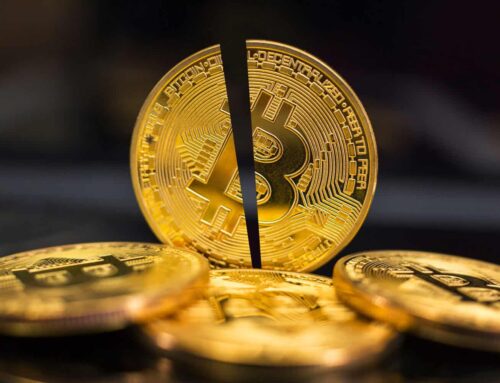Power when it matters: How solar, storage keep Florida homes running through the storm
November 12, 2025
When Hurricane Sally struck the Gulf Coast in 2020, many Florida residents were left in the dark. Flooded streets, downed power lines, and damaged transformers left homes without electricity for hours, and in some cases, days. Families faced spoiled food, sweltering heat, and uncertainty about when power would be restored.
For one Florida family, prior investment in solar panels and battery storage made a critical difference. While the system couldn’t power the entire home, it kept key appliances like the refrigerator running and provided electricity to essential devices.
That small lifeline offered peace of mind when many neighbors were utterly powerless.
“Hurricane season in Florida can leave homes without power for days,” said James Darenkamp, Ret. U.S. Navy Captain. “Even a modest backup system can turn extended periods of uncertainty into stability and safety.”
Since 2020, the Darenkamps have upgraded their system to back up the entire home, including air conditioning. With hurricanes growing increasingly severe and unpredictable, such investments in energy resiliency are becoming not just practical, but essential.
In September, Hurricane Erin left thousands in Puerto Rico without power, serving as another reminder of how quickly tropical systems can intensify and how widespread their impacts can be across the region. For Florida, which often finds itself in the same storm tracks, the event underscores the critical need for households to prepare for prolonged power outages and infrastructure disruptions before they occur.
Experts say solar panels paired with battery storage can reduce the impact of outages while also offering financial benefits. Homeowners who install these systems often see lower monthly electricity costs and greater predictability compared to relying solely on traditional utilities. Avoided costs — such as hotel stays, spoiled food, or lost work hours — can make solar systems pay for themselves over time.
“Preparing for hurricanes often focuses on bottled water, flashlights, and fuel for generators,” said Darenkamp. “But electricity is one of the most important things a household needs. Solar and storage provide that security without the noise or hassle of a gas-powered generator.”
The financial benefits of solar and battery storage extend beyond emergency preparedness. By controlling their own energy production, households can shield themselves from rising utility rates and unexpected spikes. “Floridians value independence,” said Darenkamp. “With solar and storage, families can take control of their energy, reducing vulnerability to storms, rate hikes, or utility errors.”
Critics sometimes argue that solar is too expensive or complicated. However, proponents point out that the costs of doing nothing — lost food, emergency hotel bills, and prolonged outages — can quickly exceed the investment in a home energy system. Unlike temporary solutions, solar and battery storage provide long-term value, both financially and in peace of mind.
Experts emphasize that while storms will always bring uncertainty, power outages don’t have to. Solar panels and battery storage enable families to maintain essential services, protect property, and manage household expenses, even in the face of extreme weather events.
For families in storm-prone regions, the decision to invest in solar and storage is increasingly framed as a matter of preparedness and resilience. In an era of unpredictable weather and rising utility costs, it’s a solution that combines practicality, safety, and financial sense.
Search
RECENT PRESS RELEASES
Related Post




